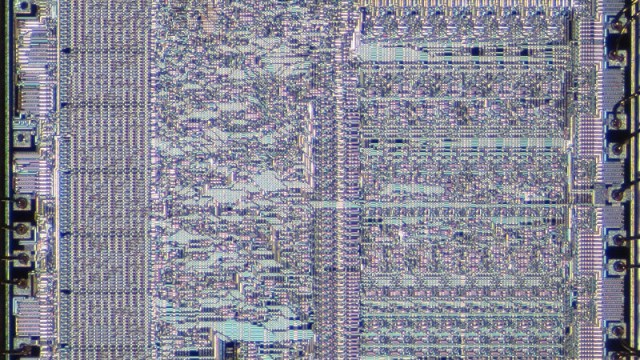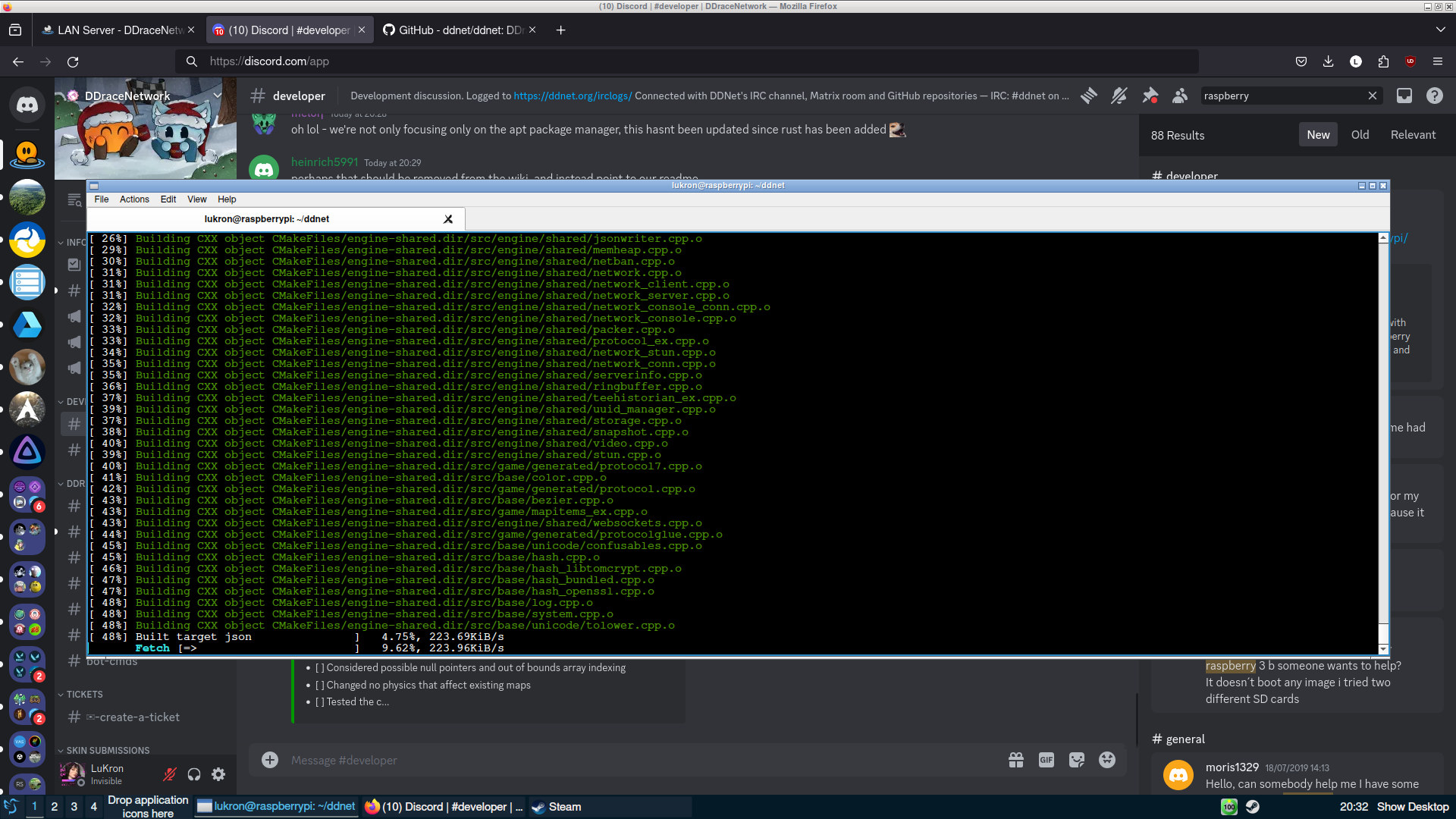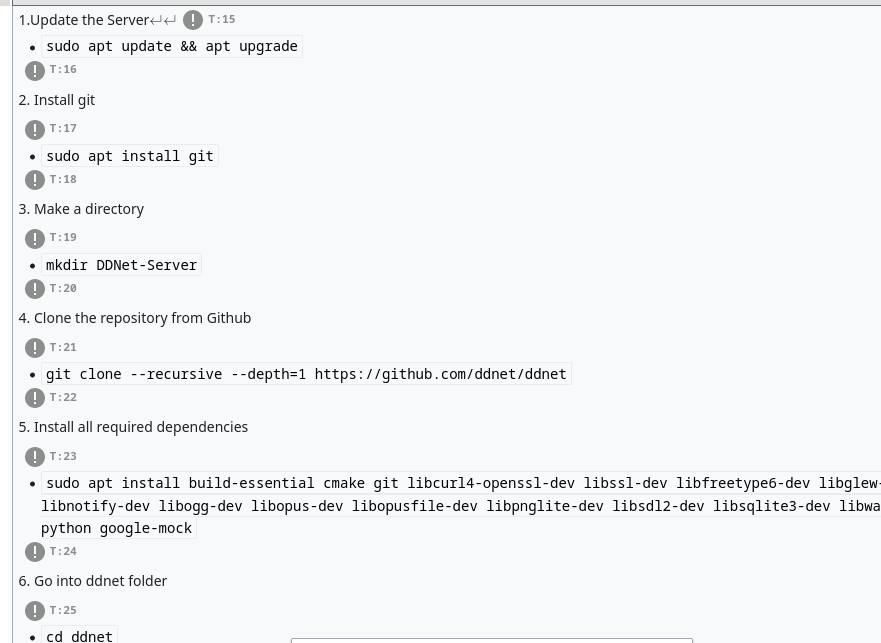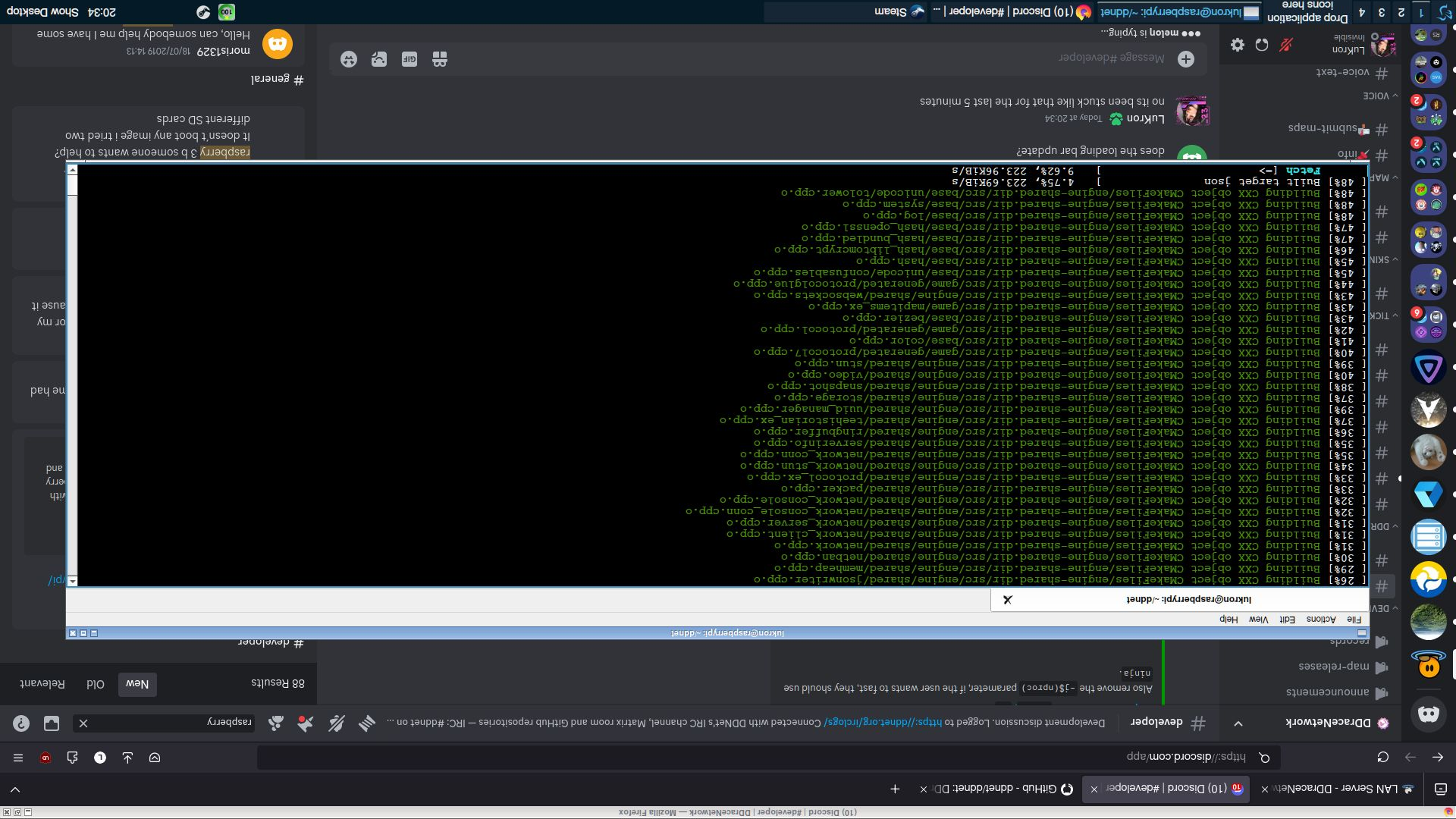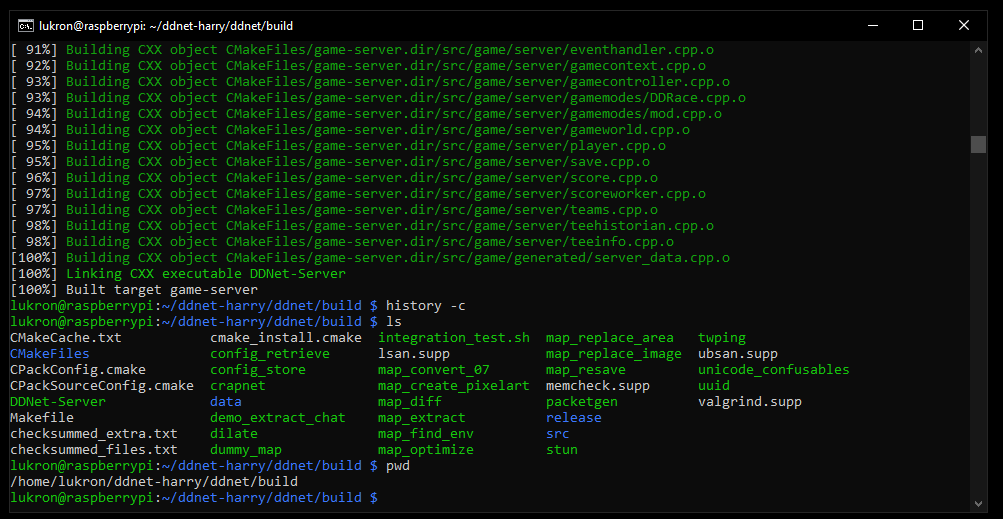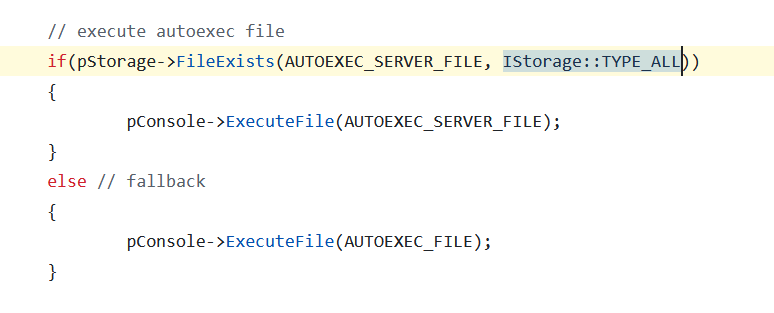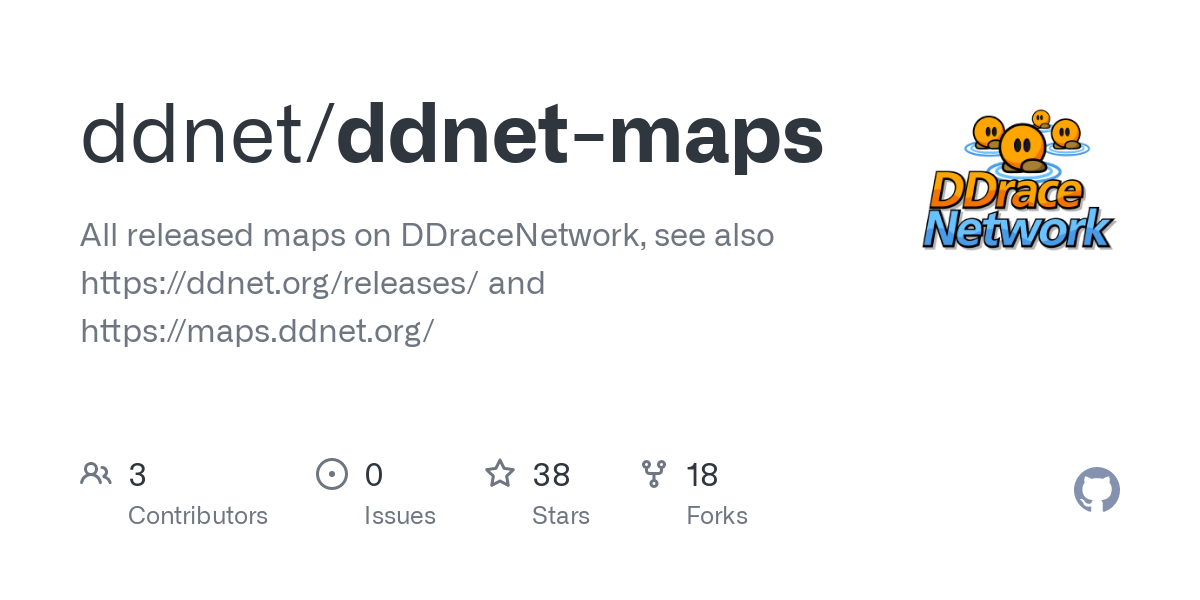In a high-level language, the programmer is deprived of the dangerous power to update his own program while it is running. Even more valuable, he has the power to split his machine into a number of separate variables, arrays, files, etc.; when he wishes to update any of these he must quote its name explicitly on the left of the assignment, so that the identity of the part of the machine subject to change is immediately apparent; and, finally, a high-level language can guarantee that all variables are disjoint, and that updating any one of them cannot possibly have any effect on any other.
Unfortunately, many of these advantages are not maintained in the design of procedures and parameters in ALGOL 60 and other languages. But instead of mending these minor faults, many language designers have preferred to extend them throughout the whole language by introducing the concept of reference, pointer, or indirect address into the language as an assignable item of data. This immediately gives rise in a high-level language to one of the most notorious confusions of machine code, namely that between an address and its contents. Some languages attempt to solve this by even more confusing automatic coercion rules. Worst still, an indirect assignment through a pointer, just as in machine code, can update any store location whatsoever, and the damage is no longer confined to the variable explicitly named as the target of assignment…
Unlike all other values (integers, strings, arrays, files, etc.) references have no meaning independent of a particular run of a program. They cannot be input as data, and they cannot be output as results. If either data or references to data have to be stored on files or backing stores, the problems are immense. And on many machines they have a surprising overhead on performance, for example they will clog up instruction pipelines, data lookahead, slave stores, and even paging systems. References are like jumps, leading wildly from one part of a data structure to another. Their introduction into high-level languages has been a step backward from which we may never recover.
— C.A.R. Hoare, Hints on programming-language design 1974





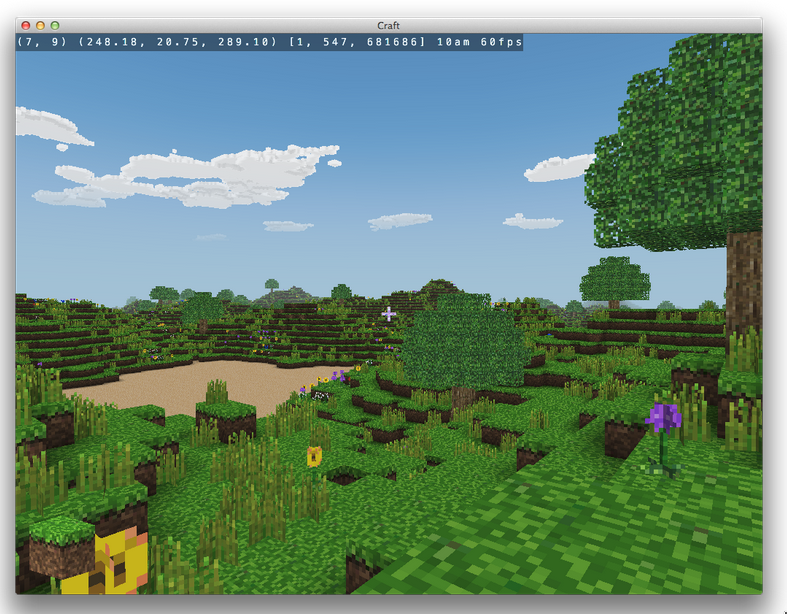





























 (edpkg Install python@2.7)
(edpkg Install python@2.7)



